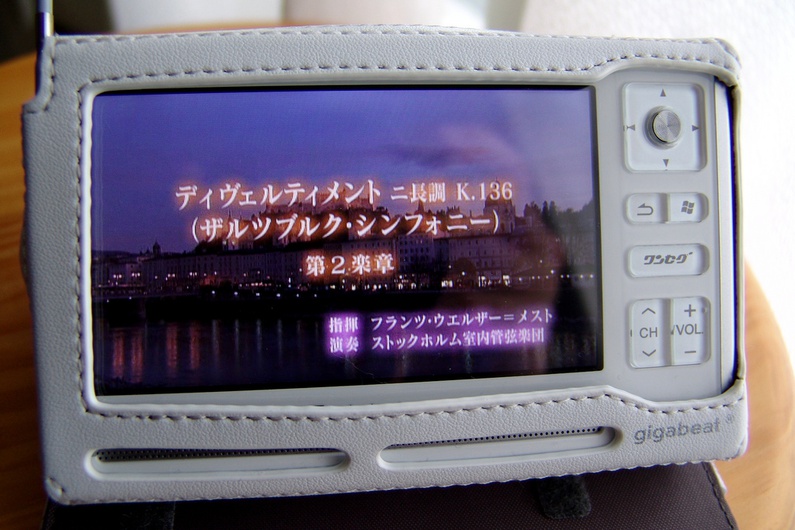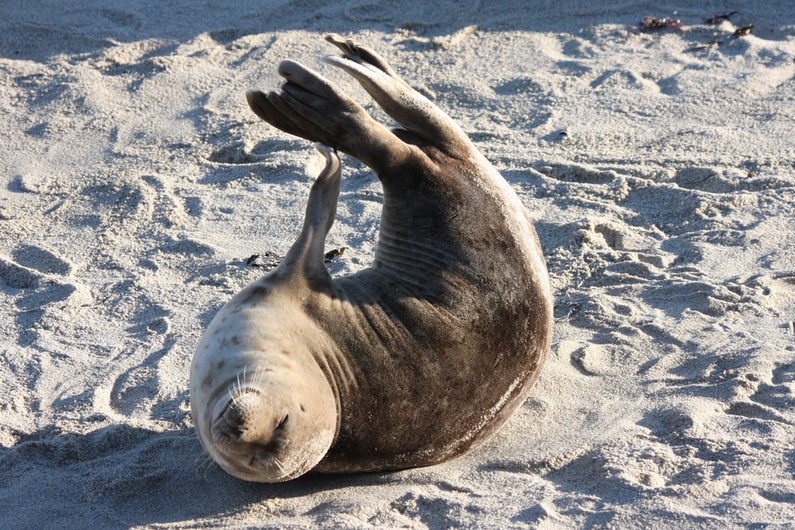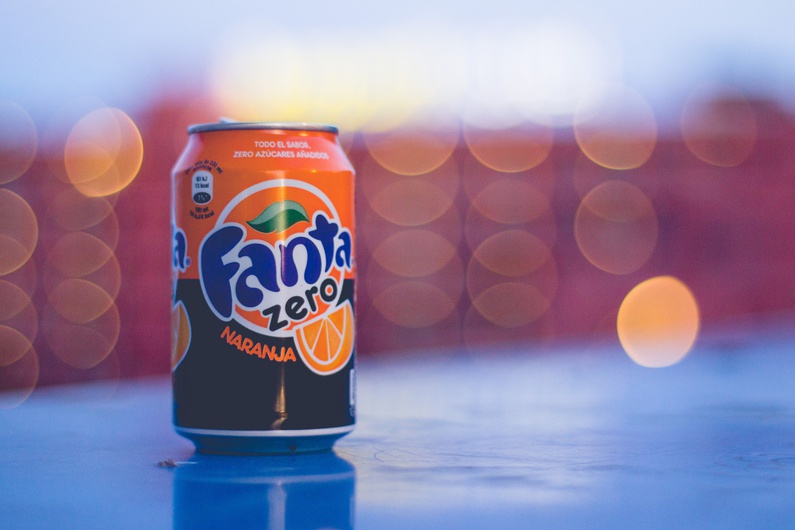
Who? More? Humour: Lost in Translation
Published on
Humour is so entrenched in cultural and linguistic context that it often gets lost in translation.
Humour. Laden with deep linguistic, cultural and social roots, it can be used to break tension or to bring a smile to a downtrodden face. Everyone enjoys a well-timed jest, but some jokes are more difficult to understand than others: enter the wordplay, a pleasure for all linguistic geeks.
They are the holy grail of language fluency, or mostly, the bane of existence of those living in another country, as funny expressions often get lost in translation leaving non-native speakers excluded from the inside joke. Simply put, what makes a Frenchman laugh out loud will leave a Spaniard scratching his head.
Polish conjectures
Wiecie jak się nazywa Ruski ksiądz? (What do you call a Russian priest?)
- Pop.
A wiecie jak się nazywa Ruski organista? (What do you call an organ player in a Russian church?)
- Pop music...
 Jak mówi Japończyk na szybę? (What does a Japanese person call a window?)
Jak mówi Japończyk na szybę? (What does a Japanese person call a window?)
- Toshiba.
This reply is an onomatopoeia of the word Szyba, meaning glass in Polish.
Italian irony
Quando sono in aereo mi sento sollevato. (When I am in the airplane, I feel like I am being lifted.)
 Col Cristianesimo ho chiuso, c'ho messo una croce sopra. (I'm done with Christianity, I put a cross in it.)
Col Cristianesimo ho chiuso, c'ho messo una croce sopra. (I'm done with Christianity, I put a cross in it.)
The German Brad Pitt
What comes between fear (vier) and sex (sechs)?
-Fünf
This wordplay is courtesy of the German numbers four, five and six.
 Trifft ein Stein auf ein Brett. Sagt der Stein: "Ich bin Einstein." Antwortet das Brett: "Ach nee, dann bin ich Brett Pitt!"
Trifft ein Stein auf ein Brett. Sagt der Stein: "Ich bin Einstein." Antwortet das Brett: "Ach nee, dann bin ich Brett Pitt!"
(A stone was laying on a board. The stone says: "I'm Einstein." The board replies: "Then, I'm Brett Pitt!")
French expletives
Qu'est-ce qui est verre et au fond de la mer ? (What is green and at the bottom of the ocean?)
-Un chou marin (A marine cabbage)
This wordplay is for the word sousmarin, meaning submarine.
 A Frenchman sees a seal and points at it exclaiming, "Phoque!" (Seal)
A Frenchman sees a seal and points at it exclaiming, "Phoque!" (Seal)
The seal is taken aback and retorts: "What's the matter, you don't like seals?"
This is a conjecture on the French word for seal that closely resembles the English expletive.
Quel est le comble pour un avion ? (What is the worst thing for an airplane?)
-Avoir un antivol (Having an anti-flying device)
Voler is the French word for to fly, but is also the device that prevents the plane from flying.
Quel est l'animal qui dîne deux fois ? (Which animal eats twice?)
-La sardine. Parce que quand ça a diné, "sardine" (ça r'dine) (The sardine. Because when it has eaten, it eats once more.)
In Spanish, food is king
-Mamá, pan! (Mom, pass the bread please.)
-Y la mató. (And it's dead.)
Pan (bread) replaces the word pam, an onomatopoeia for firearms.
 -Aina és la infanta. (Aina is the infanta.)
-Aina és la infanta. (Aina is the infanta.)
-¿De naranja o de limón? (Orange or lemon flavour?)
This joke plays with the soft drink Fanta and Infanta, the Spanish name for the first born princess.
-Sabes qué come mi perro? (Do you know what my dog eats?)
-Sobras. (Leftovers.)
This is a double entendre subtly asking someone to leave.
Cheesy English
Why was six scared of seven?
-Because seven "ate" nine.
I'm thinking of becoming a hitman... I heard they make a killing.
 What do you see when the Pillsbury Doughboy bends over?
What do you see when the Pillsbury Doughboy bends over?
-Doughnuts!
A joke is like sex. Neither is any good if you don't get it.



